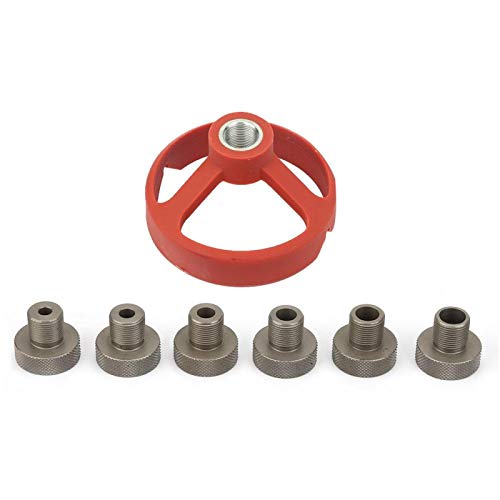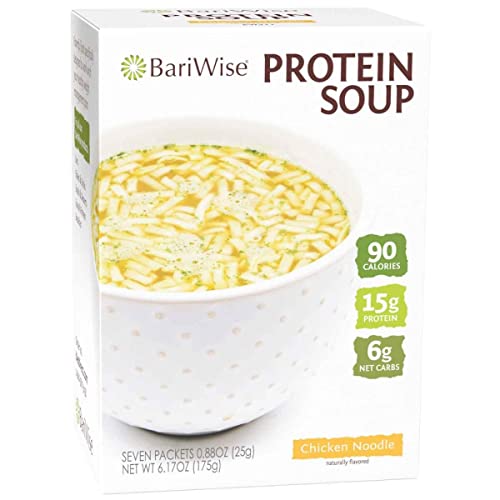newanatomy
Well-Known Member
- Joined
- Jan 5, 2014
- Messages
- 2,983
The Different Types Of Protein Powder
By Danny Tesch
How is protein powder made and what are the different types?
Protein powders can be derived from many different sources including rice, pea, soy, egg, dairy and more. Almost all of these are made from dairy because of their high bioavailability (BV) and cost effectiveness. Though some dairy protein powders will also be blended with egg and soy protein.
Whey protein is a co-product of the process for making cheese. This by-product is then purified through ion exchange and then filtered using various methods. Depending on how it is filtered will depend on whether the resulting powder is Whey Protein Concentrate or Isolate. Whey protein isolate can then be more highly purified to produce Hydrolysed Protein Isolate.
Alternatively milk can be processed through ultra-filtration to derive Casein. These are the four types of proteins that are most commonly used in protein powder supplements. These four proteins have distinct differences, primarily relating to their speed of digestion.
Hydrolysed Whey Protein Isolate (BV 170) is the most expensive and fastest acting protein. It is usually mixed with digestive enzymes that can cause digestion to begin after just 10 mins. A typical serving will be about 40g but will only be useful to your body if it is consumed immediately prior or post intense exercise. If not taken before or after exercise much of it will be wasted in your system due to the extremely fast digestion speed.
Whey Protein Isolate (BV 150) is a highly purified product and comes in a close second in terms of BV. Because of having such a high BV and being so well filtered, it will typically digest in your system within 30 mins. A typical serving is 30g - 40g and again is going to be most useful prior or post workout.
Whey Protein Concentrate (BV 104) is a less filtered, more cost effective product. The result is a slower digesting protein. This type of protein will typically digest within 3-4 hours. Whey protein concentrated is regularly blended with whey protein isolate to provide a sustained release of protein into your system. These blends are the most popular kind of protein powder.
Casein (BV 94) is a very slow digesting protein. It can take up to 7 hours to release into your blood stream. This makes this protein a powerful anti-catabolic agent that will reduce muscle break down and aid muscle repair over an extended period of time, usually taken as a night-time growth and recovery protein.
http://ezinearticles.com/?The-Different-Types-Of-Protein-Powder&id=5249255
Whey Protein Powder
Cow's milk has two types of protein, whey and casein proteins. According to the Whey Protein Institute, cow's milk is made up of 80 percent casein protein and 20 percent whey protein. Whey protein contains all the essential amino acids needed to build and repair muscle tissue and to provide energy. Whey protein is easily digested and quickly absorbed by the body, which is important to athletes after a workout. Whey protein does not change the taste of the food or drink it is added to.
Casein Protein Powder
Casein protein is found in cow's milk and takes longer to digest and to be absorbed into the muscle tissues. Casein protein also helps prevent the breakdown of muscle tissue. Since casein protein takes longer to digest, shakes made with casein can be used as a meal replacement or consumed before going to bed. Muscle tissue repairs occur during sleep, according to the book "Nutrition Concepts and Controversies." This makes casein protein an ideal choice for athletes at the end of the day.
Soy Protein Powder
Soy protein powder comes from soybeans. Soybeans contain essential amino acids and phytochemicals. Vegetarians often consume soy products to provide protein. Soy products can include tofu, soy milk and powders. Soy protein powder can be used in food and drink and is easily digested. Soy protein powders do not dissolve in liquids as easily and can have a bean taste, reports Soya. Soy protein powders consist of thickeners, added flavors, vitamins, minerals and sugars.
http://www.livestrong.com/article/290605-types-of-protein-powder/
I made this thread because when I am shopping for protein powder it gets so confusing on which ones to buy. I am tired of always looking so I put it here where it is easy to find.
I hope it helps someone else too.
By Danny Tesch
How is protein powder made and what are the different types?
Protein powders can be derived from many different sources including rice, pea, soy, egg, dairy and more. Almost all of these are made from dairy because of their high bioavailability (BV) and cost effectiveness. Though some dairy protein powders will also be blended with egg and soy protein.
Whey protein is a co-product of the process for making cheese. This by-product is then purified through ion exchange and then filtered using various methods. Depending on how it is filtered will depend on whether the resulting powder is Whey Protein Concentrate or Isolate. Whey protein isolate can then be more highly purified to produce Hydrolysed Protein Isolate.
Alternatively milk can be processed through ultra-filtration to derive Casein. These are the four types of proteins that are most commonly used in protein powder supplements. These four proteins have distinct differences, primarily relating to their speed of digestion.
Hydrolysed Whey Protein Isolate (BV 170) is the most expensive and fastest acting protein. It is usually mixed with digestive enzymes that can cause digestion to begin after just 10 mins. A typical serving will be about 40g but will only be useful to your body if it is consumed immediately prior or post intense exercise. If not taken before or after exercise much of it will be wasted in your system due to the extremely fast digestion speed.
Whey Protein Isolate (BV 150) is a highly purified product and comes in a close second in terms of BV. Because of having such a high BV and being so well filtered, it will typically digest in your system within 30 mins. A typical serving is 30g - 40g and again is going to be most useful prior or post workout.
Whey Protein Concentrate (BV 104) is a less filtered, more cost effective product. The result is a slower digesting protein. This type of protein will typically digest within 3-4 hours. Whey protein concentrated is regularly blended with whey protein isolate to provide a sustained release of protein into your system. These blends are the most popular kind of protein powder.
Casein (BV 94) is a very slow digesting protein. It can take up to 7 hours to release into your blood stream. This makes this protein a powerful anti-catabolic agent that will reduce muscle break down and aid muscle repair over an extended period of time, usually taken as a night-time growth and recovery protein.
http://ezinearticles.com/?The-Different-Types-Of-Protein-Powder&id=5249255
Whey Protein Powder
Cow's milk has two types of protein, whey and casein proteins. According to the Whey Protein Institute, cow's milk is made up of 80 percent casein protein and 20 percent whey protein. Whey protein contains all the essential amino acids needed to build and repair muscle tissue and to provide energy. Whey protein is easily digested and quickly absorbed by the body, which is important to athletes after a workout. Whey protein does not change the taste of the food or drink it is added to.
Casein Protein Powder
Casein protein is found in cow's milk and takes longer to digest and to be absorbed into the muscle tissues. Casein protein also helps prevent the breakdown of muscle tissue. Since casein protein takes longer to digest, shakes made with casein can be used as a meal replacement or consumed before going to bed. Muscle tissue repairs occur during sleep, according to the book "Nutrition Concepts and Controversies." This makes casein protein an ideal choice for athletes at the end of the day.
Soy Protein Powder
Soy protein powder comes from soybeans. Soybeans contain essential amino acids and phytochemicals. Vegetarians often consume soy products to provide protein. Soy products can include tofu, soy milk and powders. Soy protein powder can be used in food and drink and is easily digested. Soy protein powders do not dissolve in liquids as easily and can have a bean taste, reports Soya. Soy protein powders consist of thickeners, added flavors, vitamins, minerals and sugars.
http://www.livestrong.com/article/290605-types-of-protein-powder/
I made this thread because when I am shopping for protein powder it gets so confusing on which ones to buy. I am tired of always looking so I put it here where it is easy to find.
I hope it helps someone else too.











































